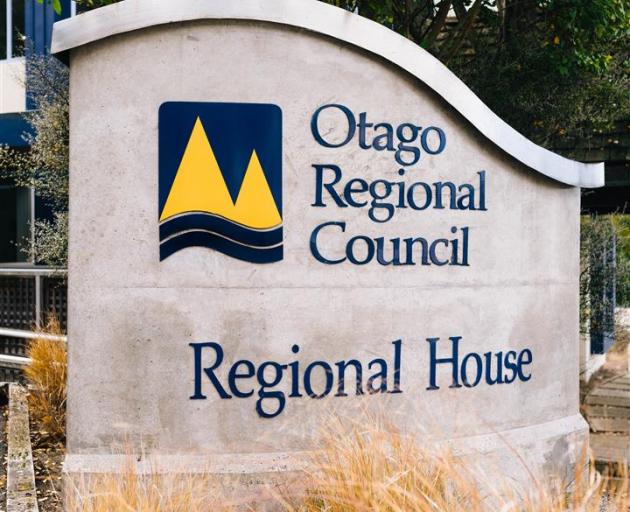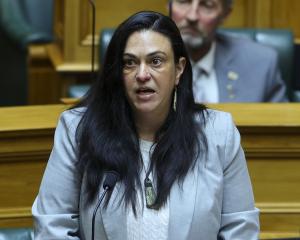
As soon as one crisis around the council table or among staff appears resolved, more ructions seem to rear their head.
Events in recent days have done nothing to assuage public concern about the state of the regional council, how functional the relationships are in the council chamber and with management, and how morale is within the organisation.
It sounds oxymoronic to say water can cause the spark for conflict. But, as it was in Canterbury before the democratically elected regional council there was replaced more than a decade ago by government-appointed commissioners, its use and allocation is causing more than its fair share of antagonism between councillors.
At the heart of the current problems is the Manuherikia River in Central Otago, specifically the complexities of setting agreed minimum flow levels, given existing water rights, irrigation and competing interests around wildlife habitats, cultural values and mahinga kai, and recreational activities.
Faced with the frustration of years of discussions over setting these minimum flows, alleged conflicts of interest, and concerns about “predetermination”, a cabal of councillors has written to Environment Minister David Parker, complaining about the delays and reiterating the importance of the integrity of the process.

The councillors’ concerns have been backed by the Central Otago Environmental Society (COES), with chairman Phil Murray saying the group has “now lost faith in the will of the council to implement change”.
Cr Hobbs said she had been left “utterly disheartened” after last week’s meeting, when councillors voted 6-4 for more scientific work, and peer review of hydrological research, to be done on the river before minimum flows were set. In Cr Scott’s view, councillors did not have open minds on the matter.
Chairman Cr Andrew Noone said anyone calling the council dysfunctional was exaggerating matters. His deputy, Cr Michael Laws, said the council had a history of making decisions based on incomplete evidence and would rather make the right decision with the right information.
It is, of course, desirable that democratically elected councillors have different opinions on matters and take into account differing views from their constituencies. That alone is not necessarily a sign of dysfunction.
However, in this case, the protracted and polarising nature of the important Manuherikia debate, and the accusations of potential conflicts of interest and predetermination, do signal a significant breakdown in the council chamber.
Commissioners are not necessarily the solution. It is worth keeping in mind what happened a bit further up State Highway 1 in 2010.
Amidst accusations of dysfunction from Canterbury mayors, the National government sacked the Environment Canterbury council over water allocation issues based on a questionable report, and brought in its own commissioners.
There were vigorous protests about the loss of democracy, only quelled by the first major earthquake later that year diverting the region’s attention elsewhere.
Those commissioners certainly achieved a water plan. But council meetings were more like rubber-stamping exercises than public debates, and it was only in 2019 that full democracy was returned to the Canterbury Regional Council.
Would commissioners be the best way forward for Otago?
Our regional council needs to sort things out for itself — before it gets sorted out by someone else.
Councillors need to stop prevaricating and set these minimum flows as soon as possible.
Comments
We urgently and drastically need to scale up investment in healthy rivers, lakes and wetlands so we can collectively adapt to the worsening, water-related impacts of the climate crisis. This is how we can build a world where nature and all people thrive.
Putting healthy freshwater ecosystems at the heart of global efforts to address the climate crisis and build resilience will help us build a nature positive world, meaning we can safeguard a future where there is more nature in the world by the end of the decade than there is now. - WWF
The underlying problem with this Council would appear to be that neither the politicians or staff have the skills to make sensible decisions or perform the duties required of them. Their litany of failure ranges from the choice of poor leaders, uncontrolled spending ($20 million so far in looking for unnecessary council offices) and not meeting the environmental and public health needs of Otago in regards to air and water quality. However, the main villains are the Otago ratepayers who were silly enough in the first place to re-elect politicians who have persistently demonstrated poor performance. They have what they deserve! No doubt there will be frantic efforts to brush disjunction under the carpet to dupe next year’s voters?












